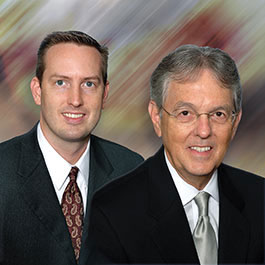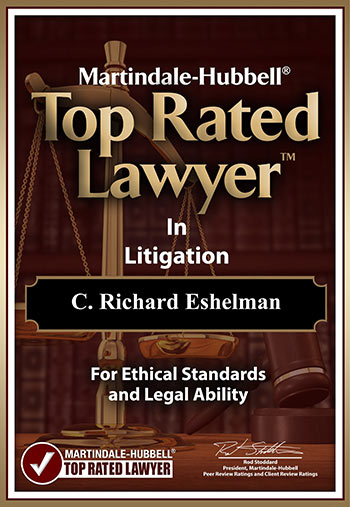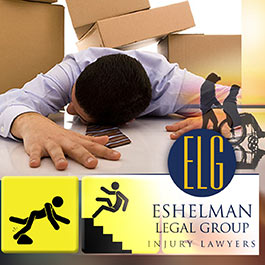Government Regulation of Nursing Homes
The Center for Medicare & Medicaid Services (CMS) is the component of the federal government’s Department of Health and Human Services (DHHS) that oversees the Medicare and Medicaid programs. A large portion of Medicare and Medicaid dollars is used each year to cover nursing home care and services for the elderly and disabled. State governments oversee the licensing of nursing homes. In addition, states have a contract with CMS to monitor those nursing homes that want to be eligible to provide care to Medicare and Medicaid beneficiaries. Congress established minimum requirements for nursing homes that want to provide services under Medicare and Medicaid. These requirements are broadly outlined in the Social Security Act (the Act). The Act also entrusts the Secretary of DHHS with the responsibility of monitoring and enforcing these requirements. CMS, a DHHS Agency, is also charged with the responsibility of working out the details of the law and how it will be implemented, which it does by writing regulations and manuals.
CMS contracts with each State to conduct on site inspections that determine whether its nursing homes meet the minimum Medicare and Medicaid quality and performance standards. Typically, the part of State government that carries out this duty is the health department or department of human services. In Ohio, Public Heath Council within the Department of Health Services is responsible for protecting the health and safety of nursing care institutions. The State conducts inspections of each nursing home that participates in Medicare and/or Medicaid on average about once a year. Nursing homes, pursuant to the Social Security Act, are required to cooperate with the Ohio Department of health in mandatory annual inspections under the Omnibus Budget Reconciliation Act. O.R.C. Ann. § 3721.04. If the nursing home is performing poorly, however, the State inspectors may go in more frequently. The State also investigates complaints about nursing home care. During the nursing home inspection, the State looks at many aspects of quality. The inspection team observes resident care processes, staff/resident interaction, and environment. Using an established protocol of residential rights, the team interviews a sample of residents and family members about their life within the nursing home, and interviews caregivers and administrative staff as well.
Depending on the nature of the problem, the law permits CMS to take a variety of actions. For example, CMS may fine the nursing home, deny payment to the nursing home, assign a temporary manager, or install a State monitor. CMS considers the extent of harm caused by the failure to meet requirements when it takes an enforcement action. If the nursing home does not correct its problems, CMS terminates its agreement with the nursing home. As a result, the nursing home is no longer certified to provide care to Medicare and Medicaid beneficiaries. Any beneficiaries residing in the home at the time of the termination are transferred to certified facilities.
Call: 1-800-365-0001
The Conclusion
The attorneys at the Eshelman Legal Group understand that no matter how cautious you are, others may not be so careful, and accidents do happen. So we hope you don’t need to, but if you are in a situation where you need the advice of an personal injury attorney, the Eshelman Legal Group is here to help you. For over 40 years we have been assisting accident victims, and we are here to assist you too... because “We’ll make things right.”
Ask yourself this question… who does the adjuster work for? The adjuster works for the insurance company, they do not work for you.
In all matters involving personal injury it is essential that measures be taken promptly to preserve evidence, investigate the accident in question, and file a lawsuit prior to the deadline imposed by the Statute of Limitations. If you or a loved one is a victim of personal injuries, call Eshelman Legal Group LLC, now at 1-800-365-0001. The initial consultation is free of charge, and if we agree to accept your case, we will work on a Contingent Fee basis, which means we get paid for our services only if there is a monetary award or recovery of funds. Don’t delay! You may have a valid claim and be entitled to compensation for your injuries, but a lawsuit must be filed before the statute of limitations expires. The above is not legal advice. That can only come from a qualified attorney who is familiar with all the facts and circumstances of a particular, specific case and the relevant law. See Terms of Use.





